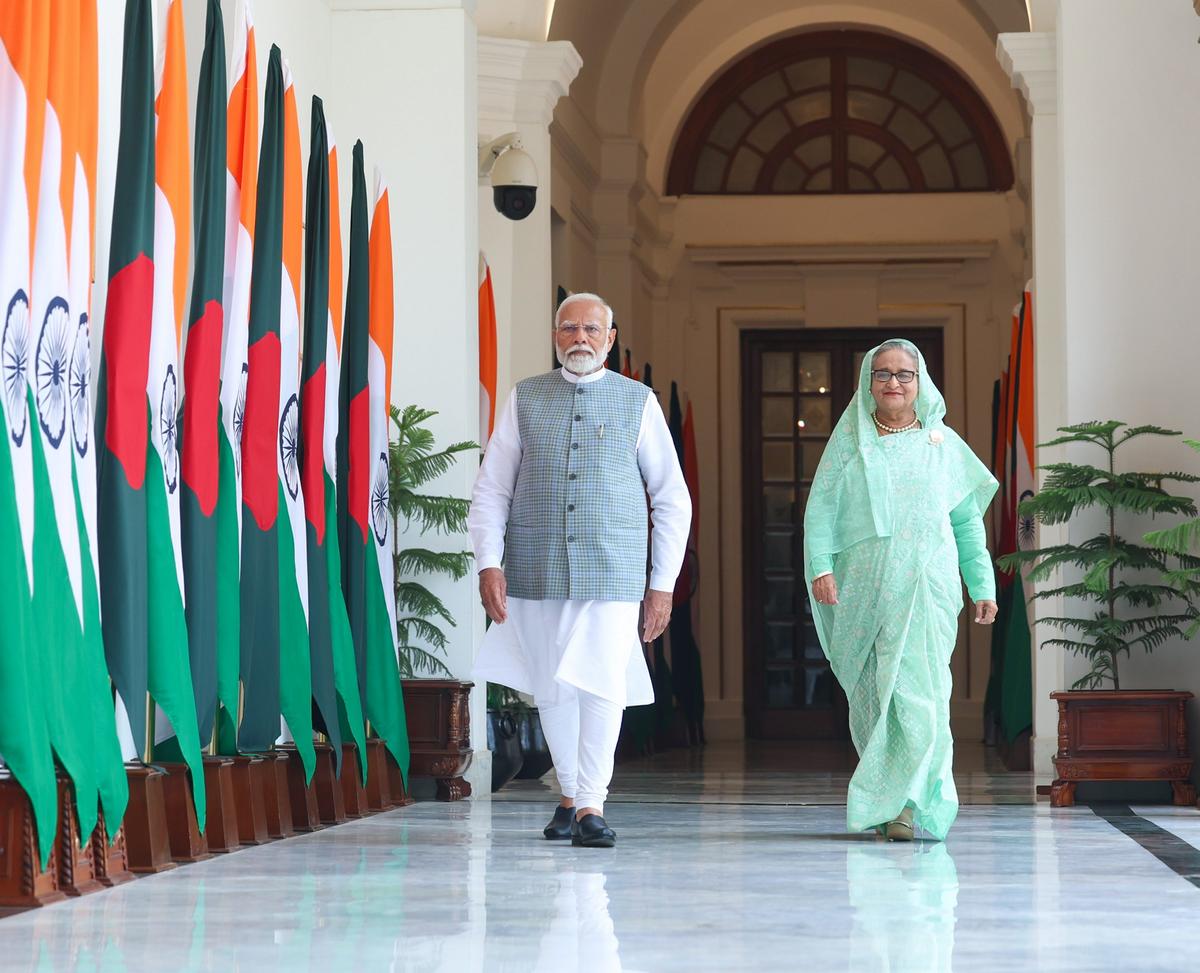India’s Foreign Policy Missteps: Investing in Regimes Over People and the Cost of Losing Neighbors
India’s strategy of backing specific regimes over fostering broader ties with neighboring populations is backfiring, as seen in Bangladesh and the Maldives
India’s longstanding policy of investing in regimes rather than cultivating relationships with the people of its neighboring countries is proving increasingly costly. As Bangladesh experiences a political upheaval, India’s over reliance on Sheikh Hasina and her government is exposing the fragility of its regional influence. This approach, mirrored in other countries like the Maldives, where India's backing of specific leaders has backfired, highlights the growing risks of such a strategy.
Bangladesh: A Case Study in Misplaced Priorities
India’s relationship with Bangladesh has historically been shaped by shared history and geopolitical considerations. The Indian intervention during Bangladesh’s liberation war in 1971 laid the foundation for close ties, and successive Indian governments have sought to maintain influence in Dhaka. However, this influence has often been channeled through the Awami League and its leader, Sheikh Hasina.
This strategy seemed effective for years, with Hasina maintaining a stable, albeit increasingly authoritarian, government. India’s backing of Hasina included overlooking electoral irregularities and human rights concerns, prioritizing strategic stability over democratic principles. This close alignment, however, alienated a significant portion of the Bangladeshi population, particularly younger generations who saw Hasina’s regime as corrupt and oppressive.
The recent political upheaval in Bangladesh, which saw Hasina ousted amidst widespread protests, underscores the risks of India’s approach. The rise of a new generation of activists and leaders, disillusioned with the political status quo and India’s perceived interference, suggests a shift in the country’s political landscape. India’s over reliance on Hasina has now left it scrambling to recalibrate its approach in a post-Hasina Bangladesh, where its influence may be significantly diminished.
The Broader Implications for Indian Foreign Policy
India’s approach to its neighbors has been largely pragmatic, driven by security and economic concerns. However, the focus on supporting specific regimes, often at the expense of engaging with broader civil society, is increasingly proving to be a double-edged sword. While such an approach may offer short-term stability, it risks long-term alienation and the loss of influence as political dynamics shift.
The situation in Bangladesh serves as a stark warning to Indian policymakers. As South Asia’s political landscape evolves, India must adapt its foreign policy to be more inclusive and people-centric. This means engaging with a broader spectrum of political actors, supporting democratic processes, and addressing the concerns of ordinary citizens rather than relying solely on relationships with incumbent regimes.
In an era of rising regional competition, particularly with China’s growing influence, India cannot afford to lose the goodwill of its neighbors. A reorientation of its foreign policy, one that prioritizes people over regimes, is essential for India to maintain its position as a leading power in South Asia. Failure to do so could see India increasingly isolated, as neighboring countries turn away from New Delhi in search of more balanced and less interventionist partnerships.







